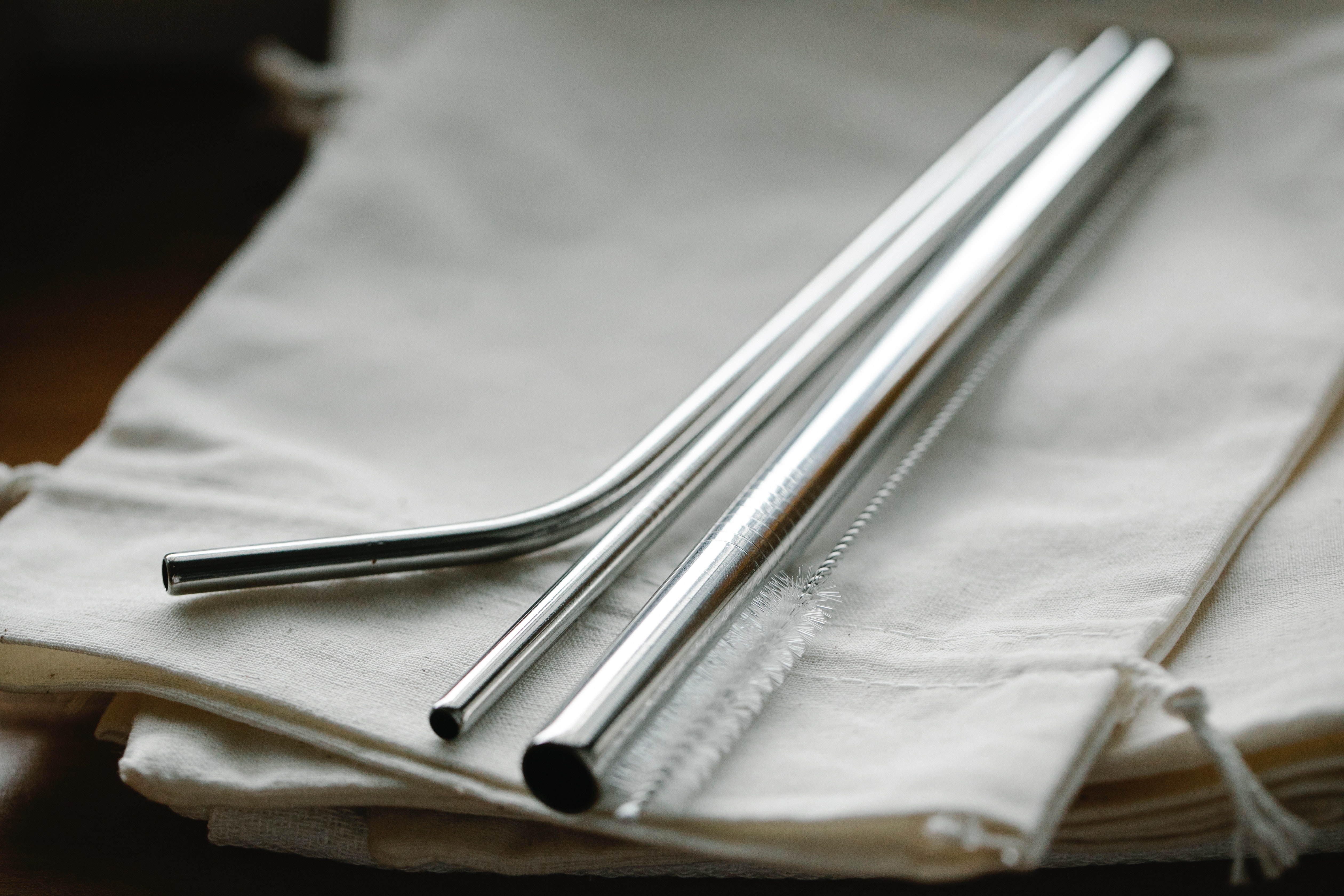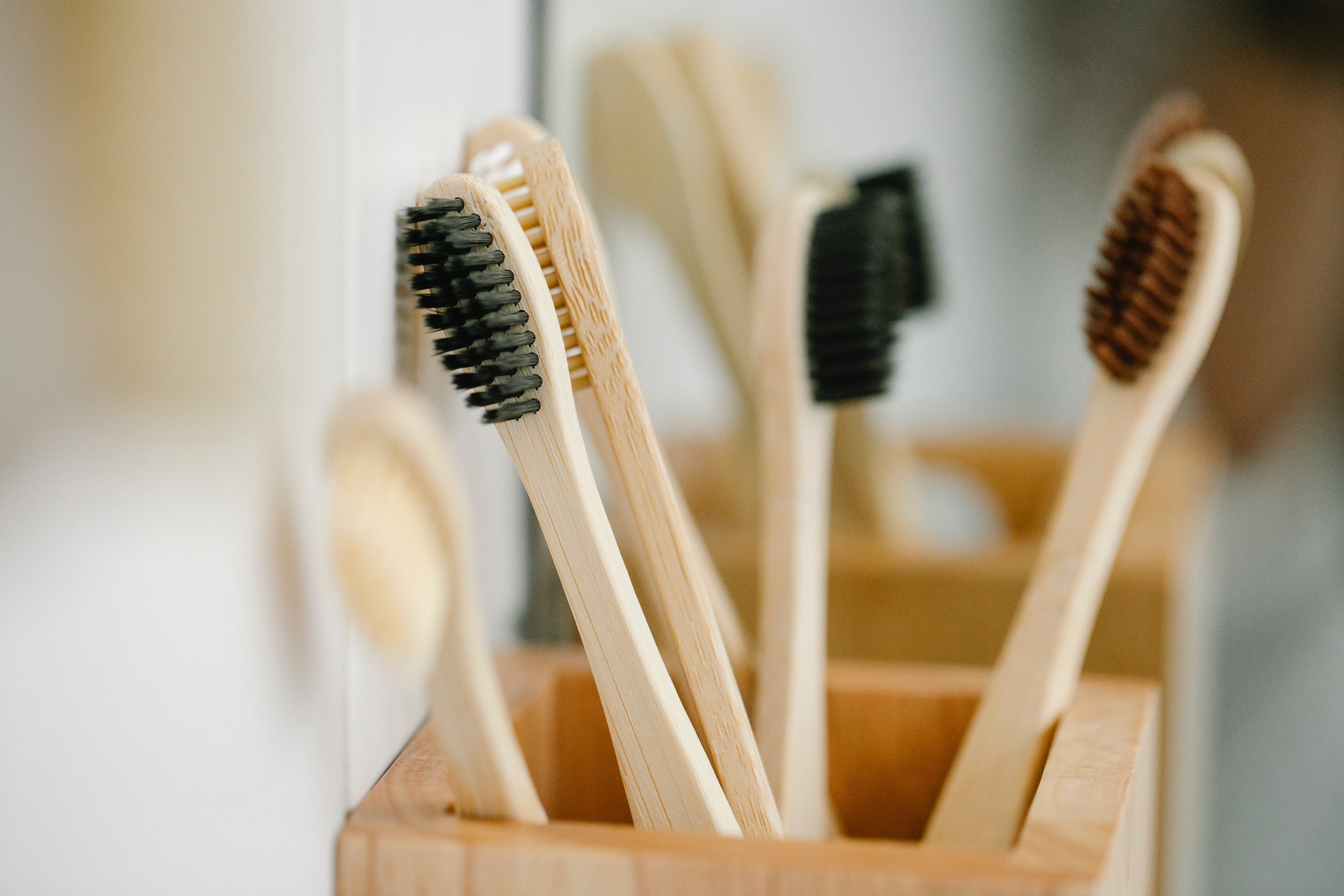We are all conscious of making our travels more respectful of the environment and local communities, both in how we travel and with our luggage and accessories.
About the way we travel, in this other article we give you the best tips to travel being more sustainable , and now it's time to know the best accessories for your trip to have the least negative impact possible.
As always, the most important thing is not to leave any traces of your passage, just the footprints on the road. Keep in mind that many countries do not have a good waste management or recycling system, which is why it is so important to minimize the use of single-use plastics. There are always better alternatives, as we will see in this article.
Let's start this tour of the best accessories for sustainable travel.
Clothing made from natural and sustainable fabrics
Synthetic clothing, made of fabrics such as polyester, produces many microplastics when washed, which end up in the sea and in the food chain of animals.
The use of organic fibers such as cotton, linen, wool or silk do not generate micro plastics when washed, are more comfortable than synthetic fabrics and, in addition, look great.
Choosing these materials for our travel (and everyday) garments reduces our environmental impact. By using them, we also support the production of these fabrics, so it's a win-win situation.
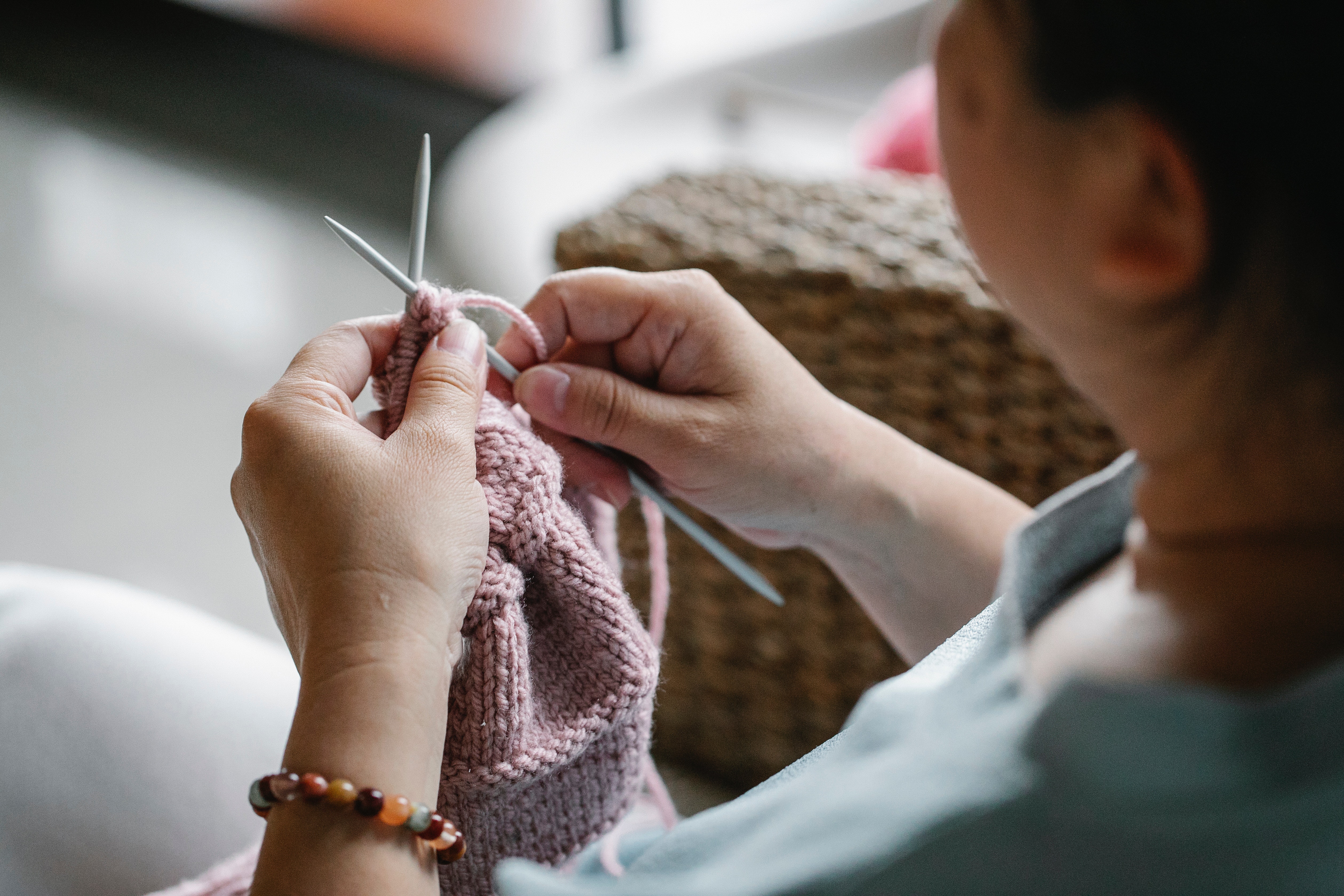
Reusable cloth bags
We use cloth bags whenever we go shopping or grocery shopping, so why not use them when we travel?
Carrying a couple of cloth bags in our backpack or suitcase will save us when we need to go shopping, take our clothes to the laundromat or even, if they are backpack-type cloth bags, carry our water bottle and other personal items during our travel visits.
They are practical, they are beautiful, and they are very useful. So don't forget to include them in your luggage.
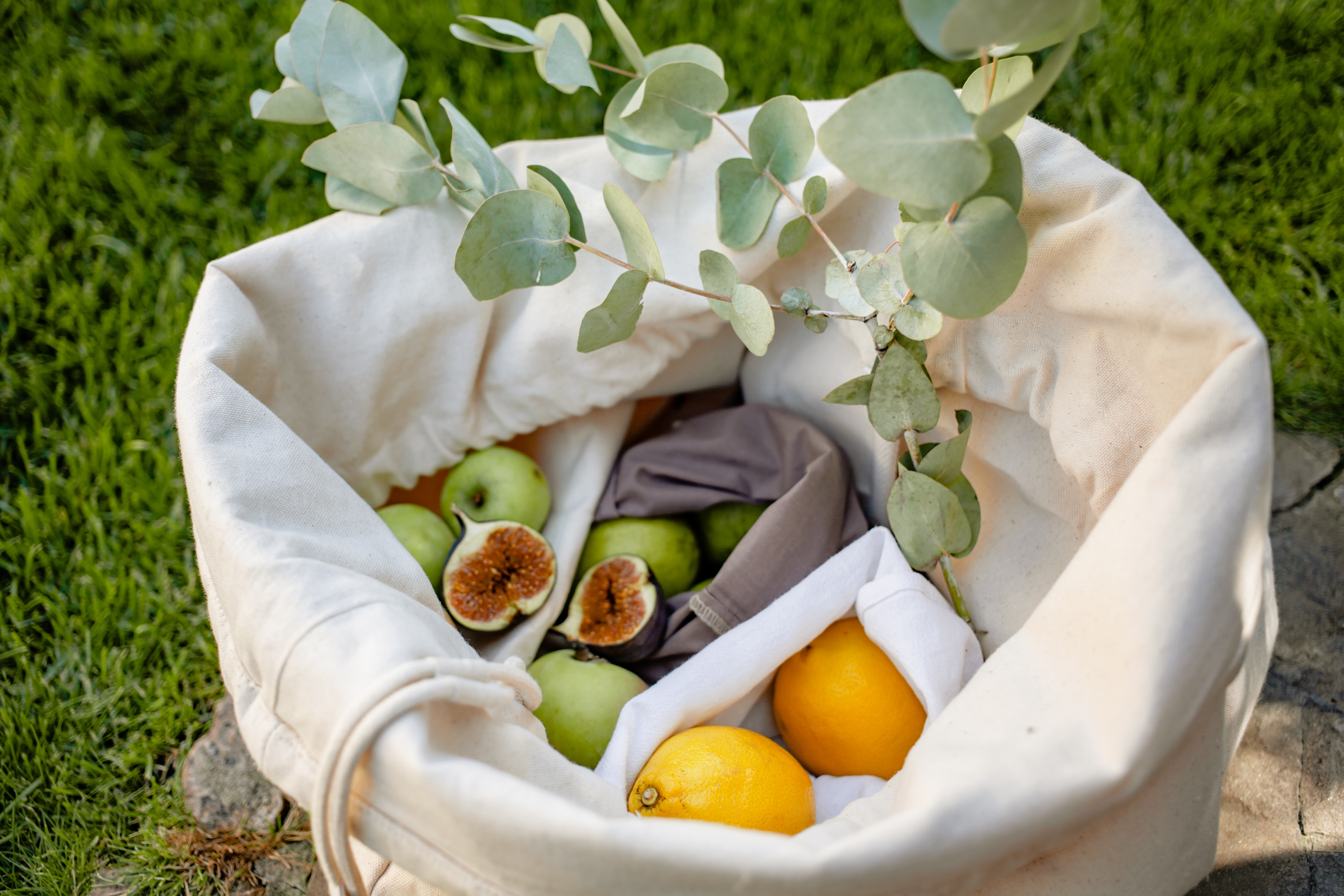
Quality backpack or suitcase
Speaking of luggage, it influences a lot what material is the suitcase or backpack we use to travel.
If you are one of those who prefer to travel with a suitcase, choose those made of fabric or ABS plastic, as it is much easier to recycle than those made of PVC, a plastic that is very difficult to reuse.
As for backpacks, choose those made of resistant materials, such as nylon, which is easy to recycle, and so durable that the backpack will accompany you on many trips around the world.
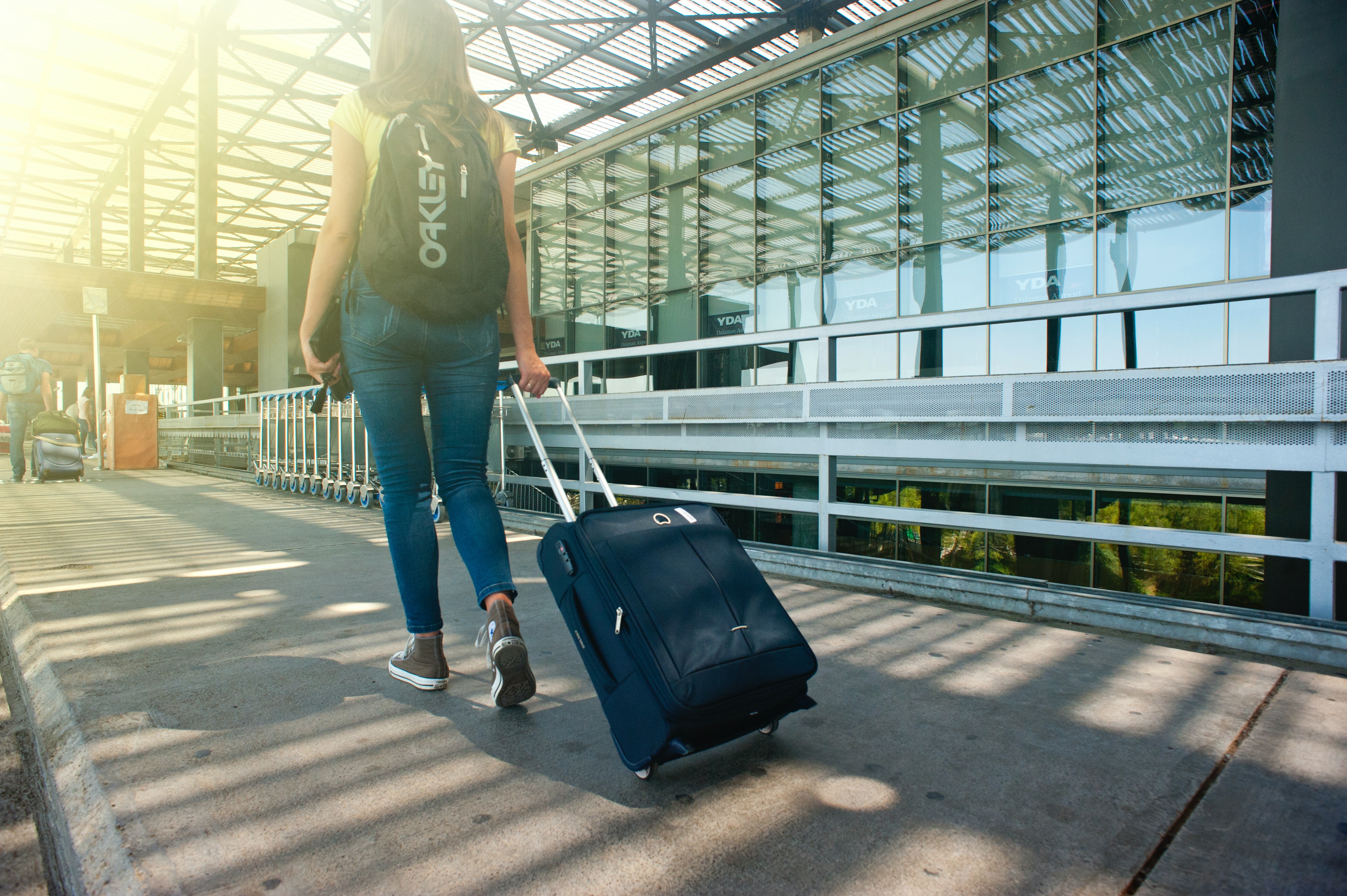
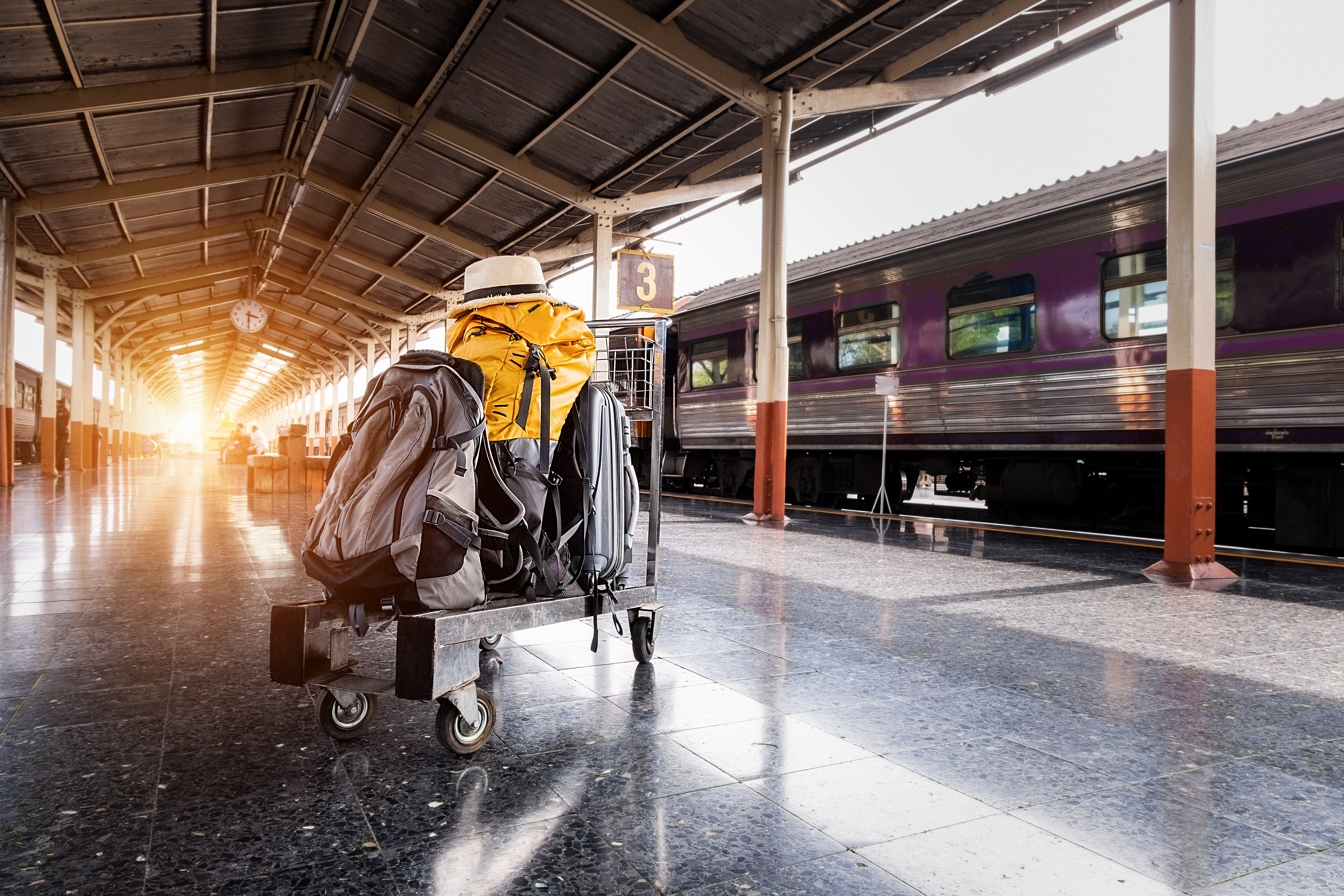
Sustainable cell phone
We all live connected thanks to the cell phone, an indispensable element for traveling, as it has become our map, agenda, portable phone and portal to access information at all times.
To build a cell phone requires dozens of different materials, some of dubious origin, and when one of its components breaks, it means having to change the whole phone.
Faced with this problem, different companies have launched cell phones that ensure that their materials are obtained respecting human rights, as certified by Alcatel, and other brands that even allow the cell phone to be repaired in the event of any problem, as is the case with the Fairphone project.
Good options to consider when purchasing our cell phone.
Reusable bottle
Hydration is very important while we are traveling, especially if we are going to hot places. The best option to avoid using many plastic bottles is to have your own reusable bottle, which can be made of glass or aluminum.
There are also collapsible silicone bottles, which take up less space in the backpack, and can be useful for emergencies.
Thus, by refilling it at drinking water sources, we are assured of fresh water without having to buy and throw away another plastic bottle.
As in some countries tap water cannot be drunk, the ideal is to find out how to make water drinkable, either with water purification tablets or with a special filter, so that we can drink the water without any risk to our health.
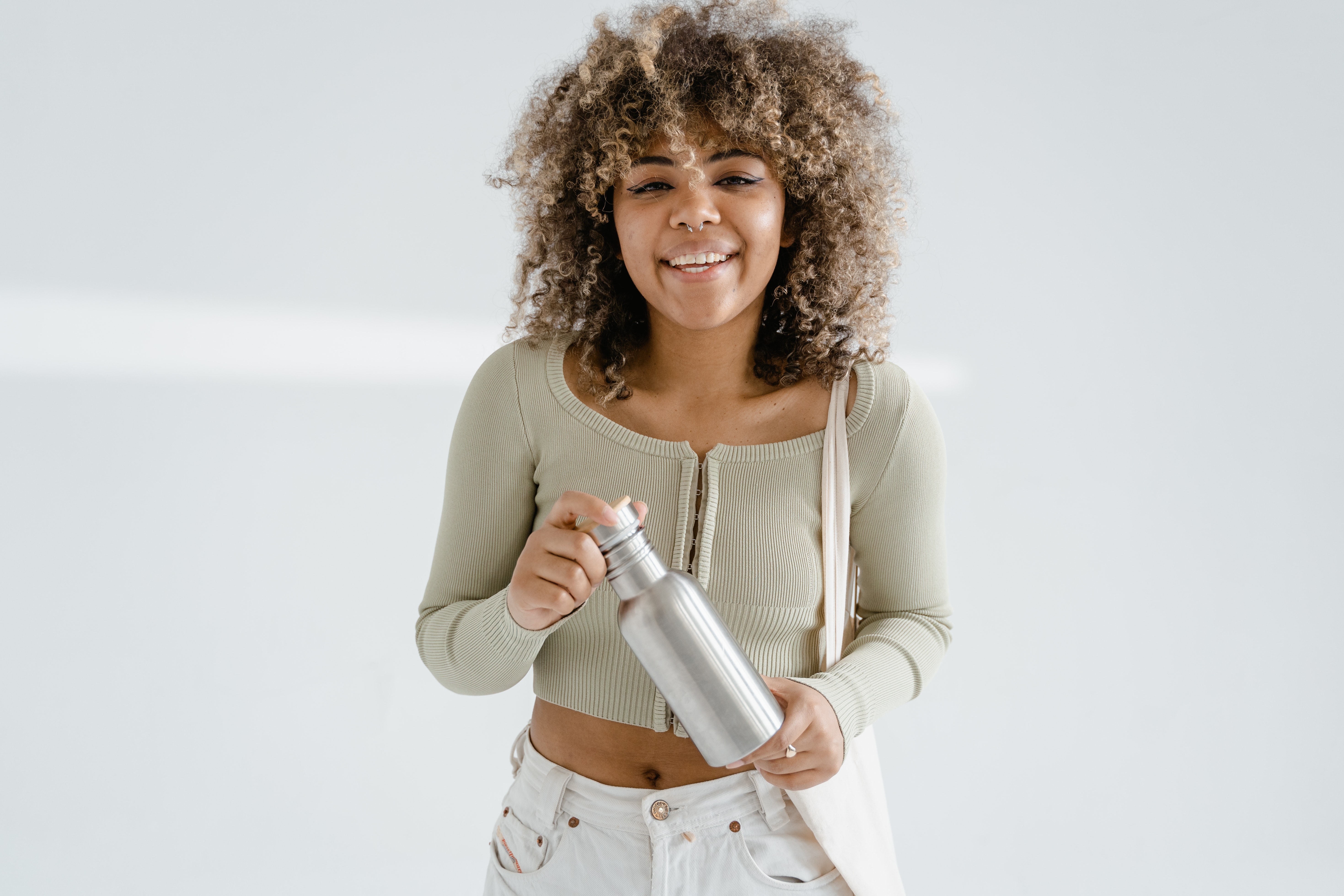
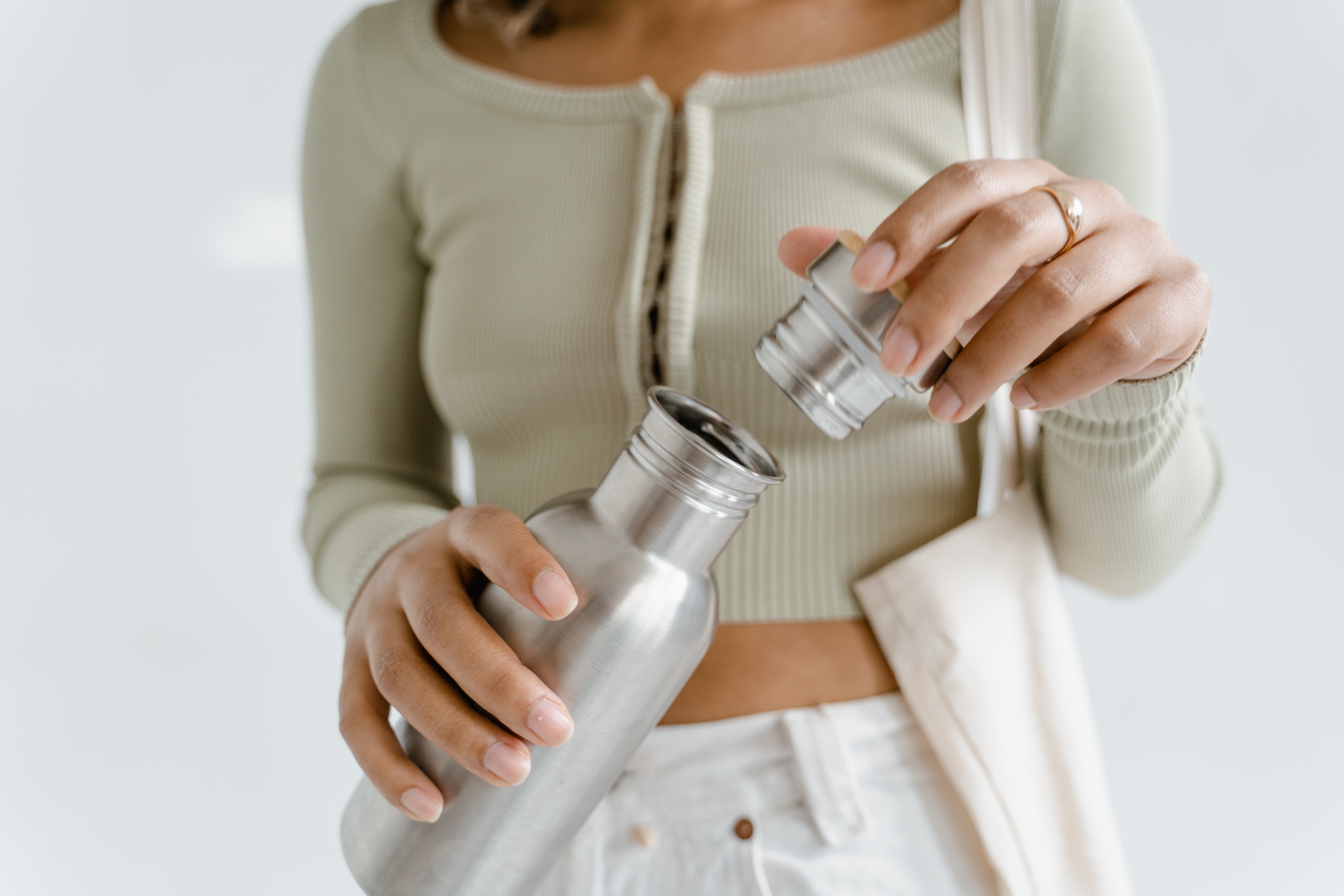
Reusable straws
Straws are one of the main plastic products that end up in the sea. To nip this problem in the bud, the best solution, if you want to use a straw, is to bring your own reusable straws.
They are made of bamboo, silicone or stainless steel, and usually include brushes to clean them well inside. With these straws you will avoid using the straws served in the locals when you order a delicious cocktail, reducing your impact on the environment.
Undoubtedly, an accessory that must always go with us in our daily backpack.
Solid shampoo and gel
In the accommodations where we stay during our travels usually offer shower gel and shampoo in small plastic bottles, which at most we can use two or three times.
To avoid so much plastic waste, which on a global scale amounts to hundreds of millions of tons, the best solution is to use our own solid shampoo and shower gel, in bar format.
These soaps are much more environmentally friendly as they do not use chemicals that pollute the water, do not use plastic containers and are usually not tested on animals.
Another option is to search for accommodations on the Biosphere website , and use the filter for accommodations that use "eco items". This way we make sure that they use plastic-free or refillable packaging.
With this small gesture we improve sustainability during the whole trip.
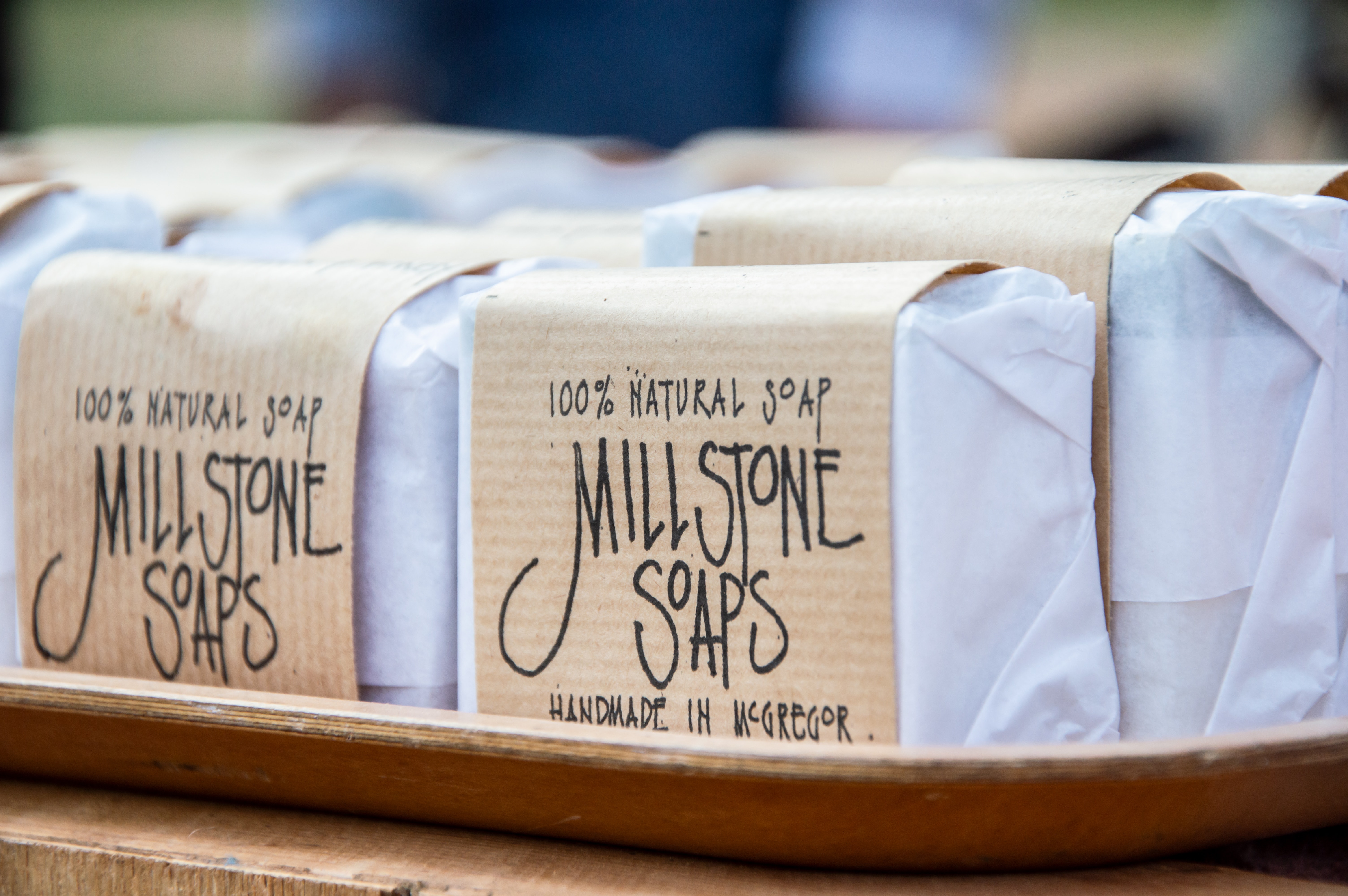
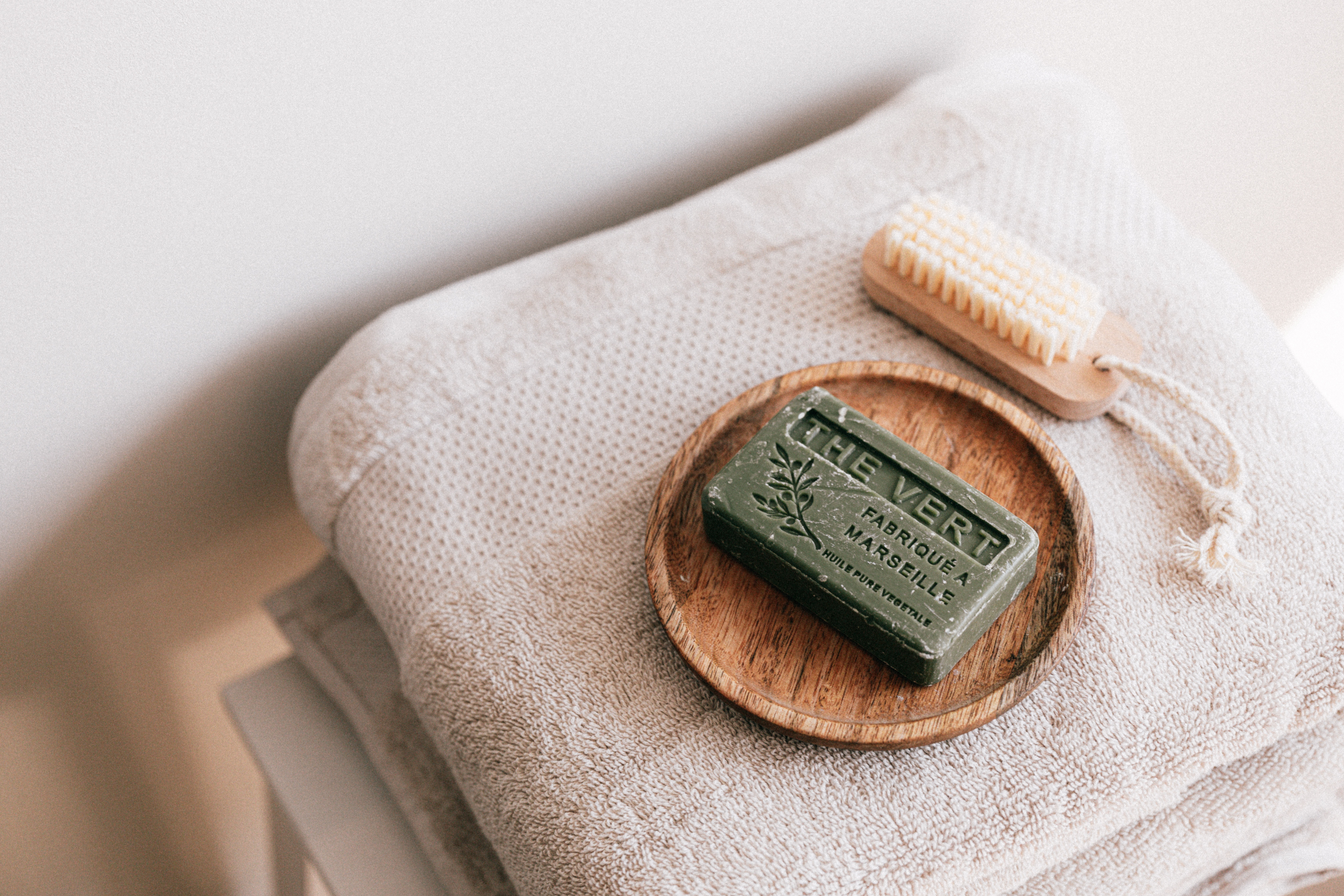
Non-toxic sunscreen
When we travel, we usually go to places where the sun shines, so we have to protect ourselves with sunscreen from UVA rays to avoid burning our skin.
This is more than advisable. However, there are creams that have certain components that are harmful to marine fauna, and if we bathe in the sea with any of these creams spread on our body, we will be harming coral reefs and marine animals.
Some of these harmful compounds are: Oxybenzone, Octinoxate, Octocrylene, PABA (Aminobenzoic Acid), Enzacamene, Octisalate, Homosalate and Avobenzone.
If any of these are listed as an ingredient in our sunscreen, then that cream is harmful if we swim in the sea.
The solution is simple: use creams that respect the marine fauna. There are many brands available on the market, such as Fuka Eri and Sustomi. We just have to be aware of the ingredients and the impact of what we buy.

Menstrual cup or reusable pads
When it comes to women's intimate hygiene on menstruation days, we can also be more sustainable with our choices.
One of the easiest ways is to use a menstrual cup, which in addition to avoiding the use of pads or tampons, is more practical for traveling, since you need to go less often to the bathroom to change.
Another option is the use of reusable pads that can be washed, avoiding other single-use solutions.
As always, it is a matter of taste and preference to choose one or the other alternative.
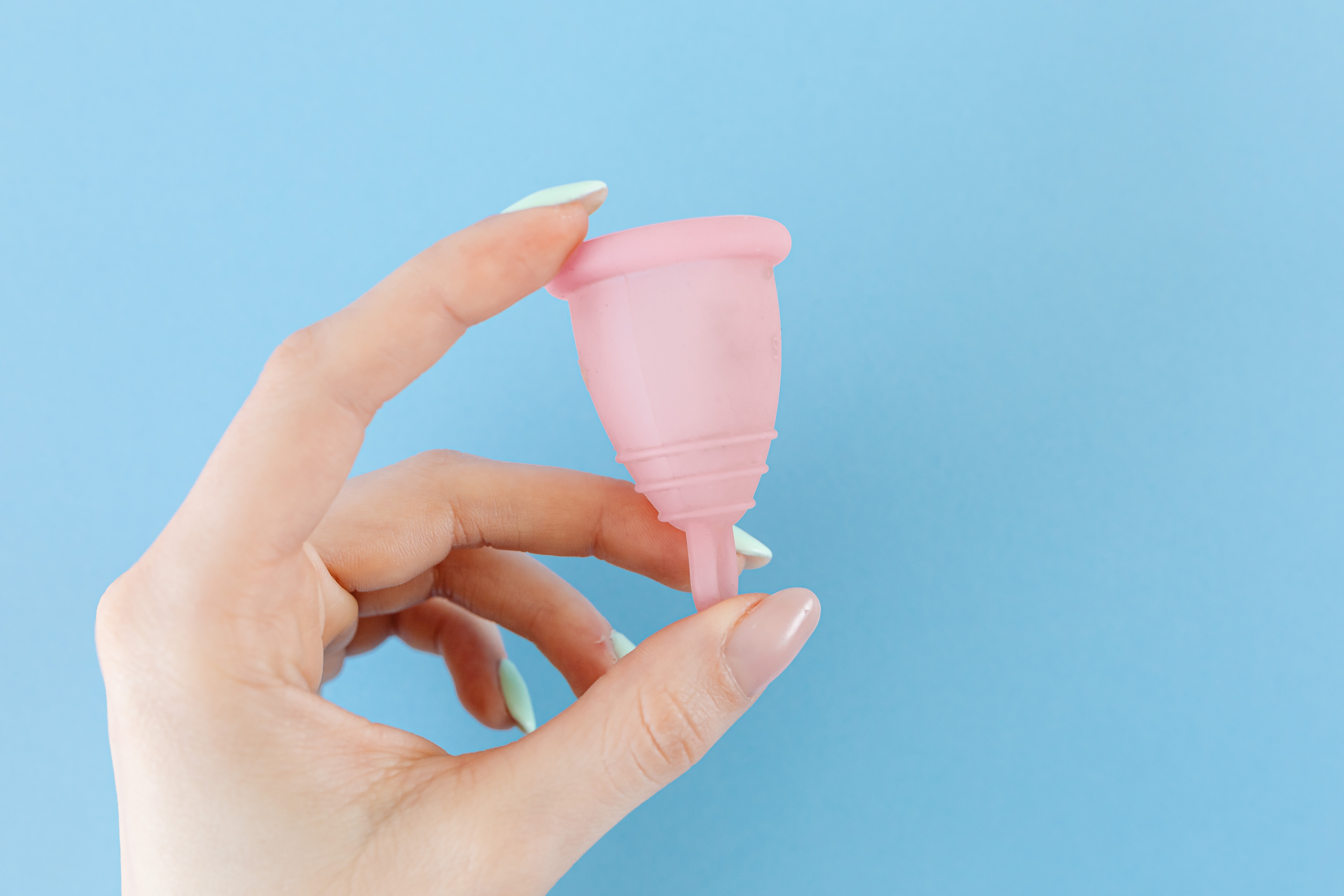
Bamboo toothbrush
Oral hygiene also generates waste that is difficult to recycle, such as toothbrushes, which are almost always made of plastic, and toothpaste tubes.
In the face of both problems, there are two solutions, very practical while traveling.
For toothbrushes, we can look for alternatives made of bamboo and organically grown bristles.
As for toothpaste, there are options in tablets, such as Bite Toothpaste that, by putting them in the mouth and biting them a little, generates a good paste to brush your teeth.
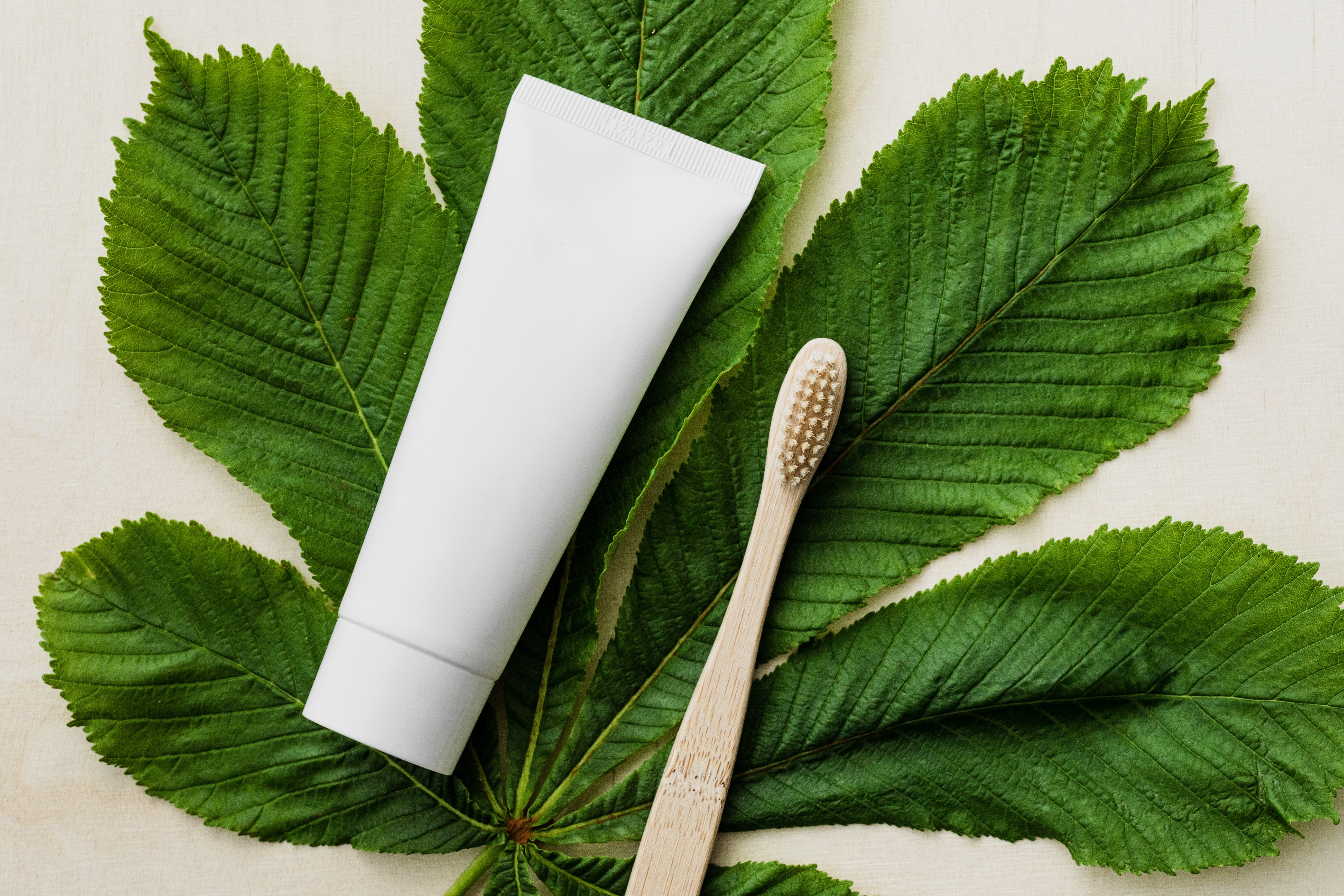
These are the main accessories to make your travels more sustainable and environmentally friendly experiences. Of course, there are many more, but with these you can be sure to use much less plastic and carry in your luggage everything you need to enjoy a great trip.
Now all you have to do is choose your next destination and enjoy the experience!


